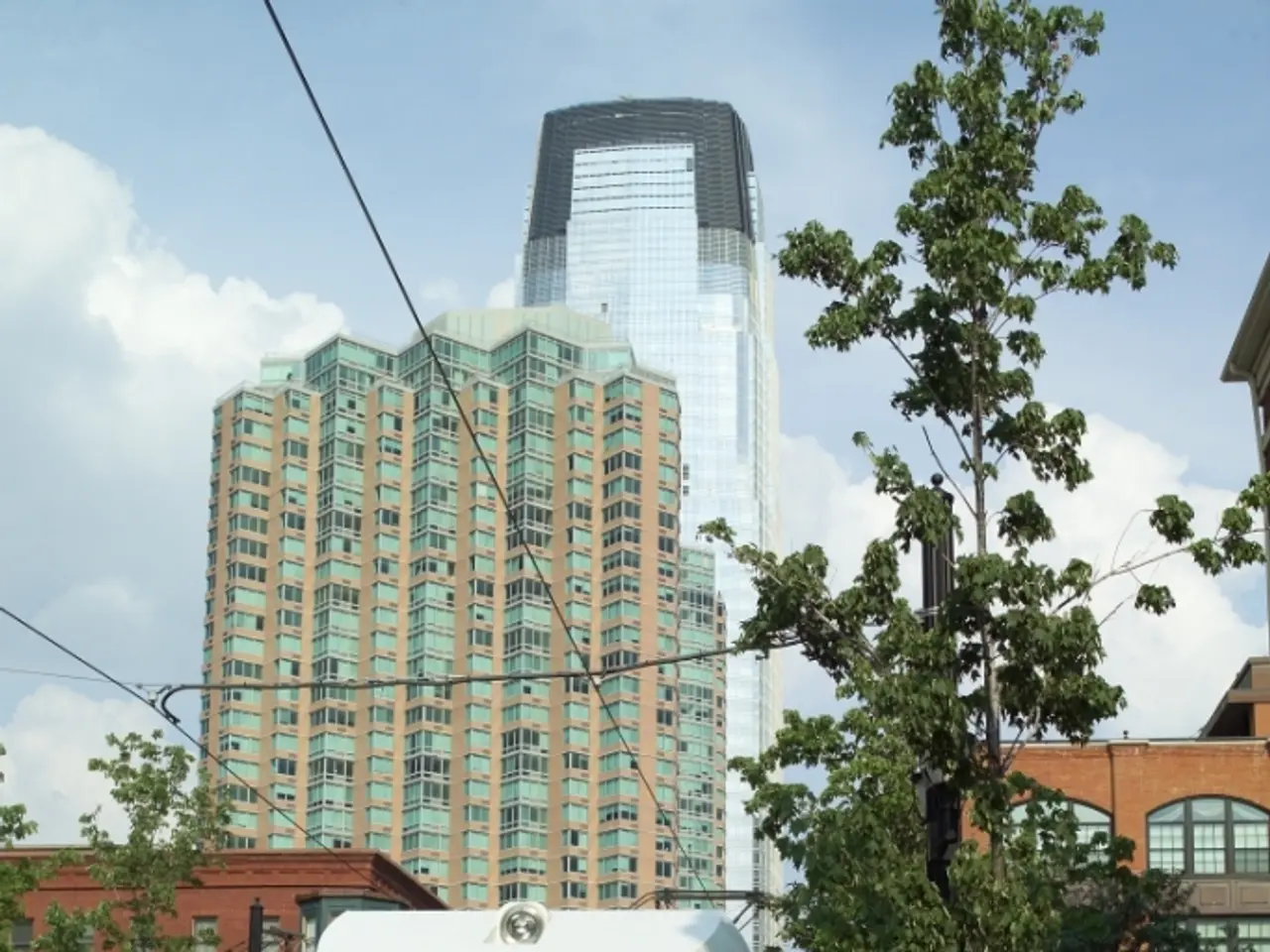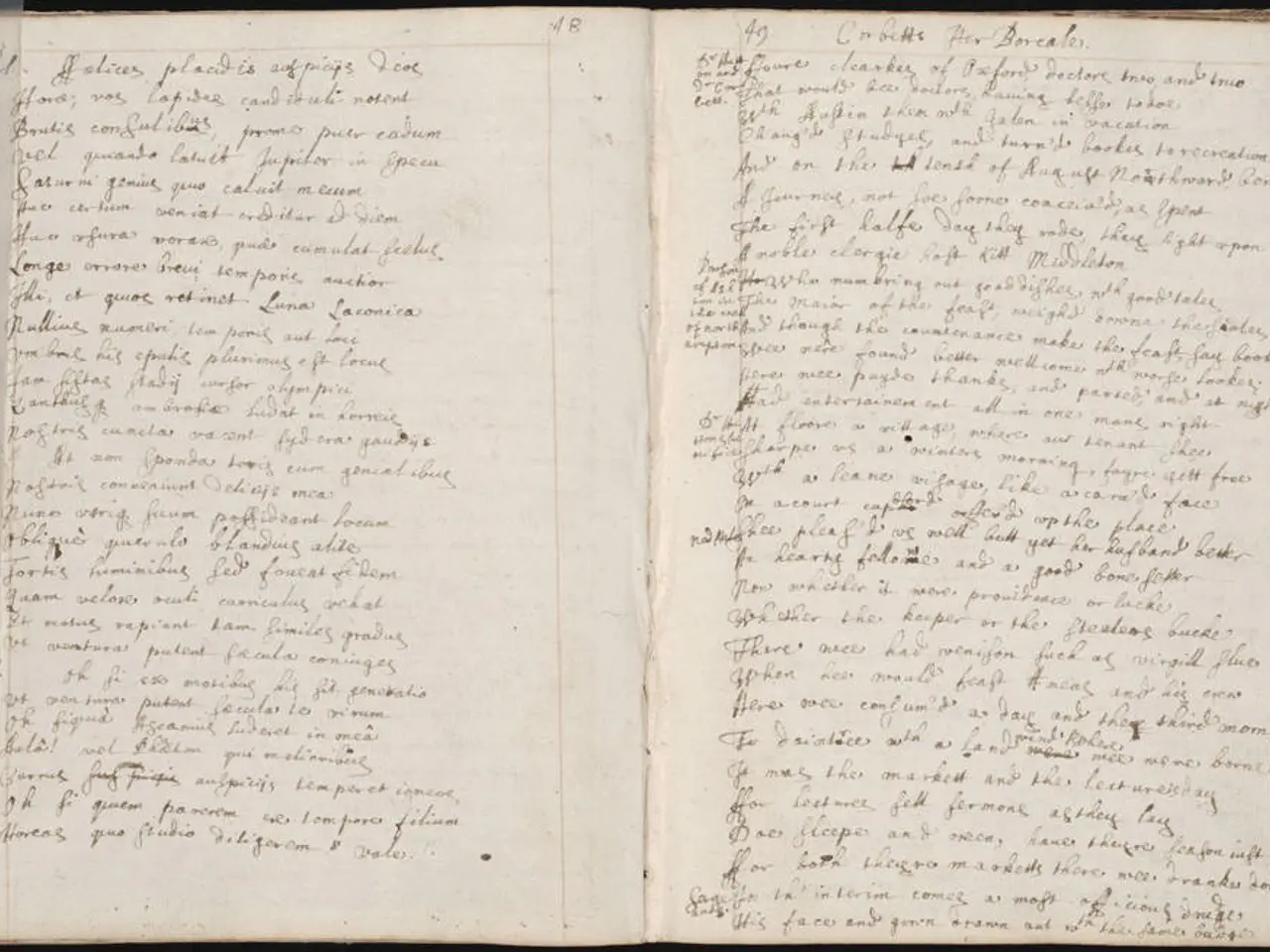Bremen Railway marks its 60th anniversary of service operation
In the heart of northwestern Germany, the city of Bremen has been at the forefront of energy transformations, with a particular focus on green energy. One of the city's most significant energy collaborations is the 60-year partnership between Stadtwerke Bremen (SWB) and DB Energie, a partnership that has proven to be an impressive example of cooperation and technological innovation.
The Mittelsbüren power plant, constructed between 1962 and 1964, marked the beginning of this successful collaboration. In 1964, the power plant started generating electricity for the rail network, connecting people and regions while promoting sustainable transport and relieving the road network. The electricity supply was initially a collaboration between Klöckner-Hütte, the municipal utility, and the Federal Railways.
Fast forward to 2016, SWB's gas and steam turbine (GTU) power plant began supplying electricity to the trains. Today, DB Energie holds a power share of around 200 megawatts (MW) at the GTU power plant, with the contract for electricity supply running until 2041. This long-term partnership has been instrumental in powering every tenth train in Germany, making "Railway power from Bremen" a trademark in the rail industry.
Florian Reuter, chairman of the management board of DB Energie, expressed his pleasure at having SWB as a partner and confidence in their continued successful cooperation. He sees the success story of this partnership as motivation to continue the path towards climate-neutral mobility. Dr. Karsten Schneiker, speaker of the SWB board, commented on the consistent and partnership-based business relationship, while Mayor Dr. Andreas Bovenschulte emphasised that the energy produced at the GTU power plant is a backbone of mobility in Germany.
Discussions on new joint projects are currently ongoing between SWB and DB Energie. As cities across Germany strive to meet their climate goals, collaborations between local energy providers and major infrastructure companies like DB Energie are likely to increase. These collaborations could involve developing green energy projects, improving energy efficiency in transportation, or integrating energy storage solutions.
In Bremen, the future of energy looks promising, with the city's commitment to green energy and the continued success of partnerships like the one between SWB and DB Energie. For those interested in learning more about the Mittelsbüren power plant or future collaborations between SWB and DB Energie, it might be helpful to contact local energy authorities or the companies directly for more detailed information.
Sports enthusiasts in Bremen might be surprised to find that the city's partnerships in the energy sector, like the one between Stadtwerke Bremen (SWB) and DB Energie, extend beyond green energy. In 2016, SWB's gas and steam turbine (GTU) power plant began supplying electricity to the trains, demonstrating the potential for collaboration in the realm of sports infrastructure, with the possibility of powering sports arenas or stadiums in a sustainable manner.







